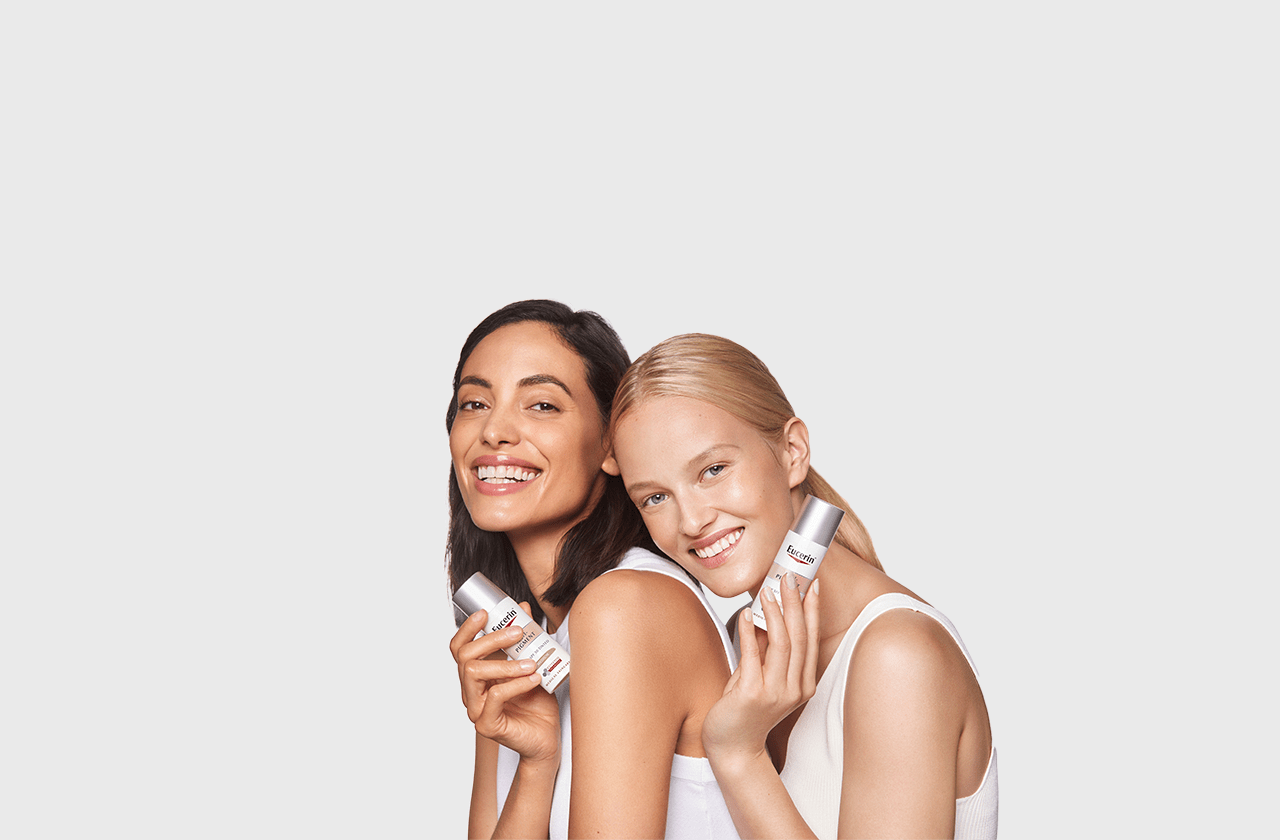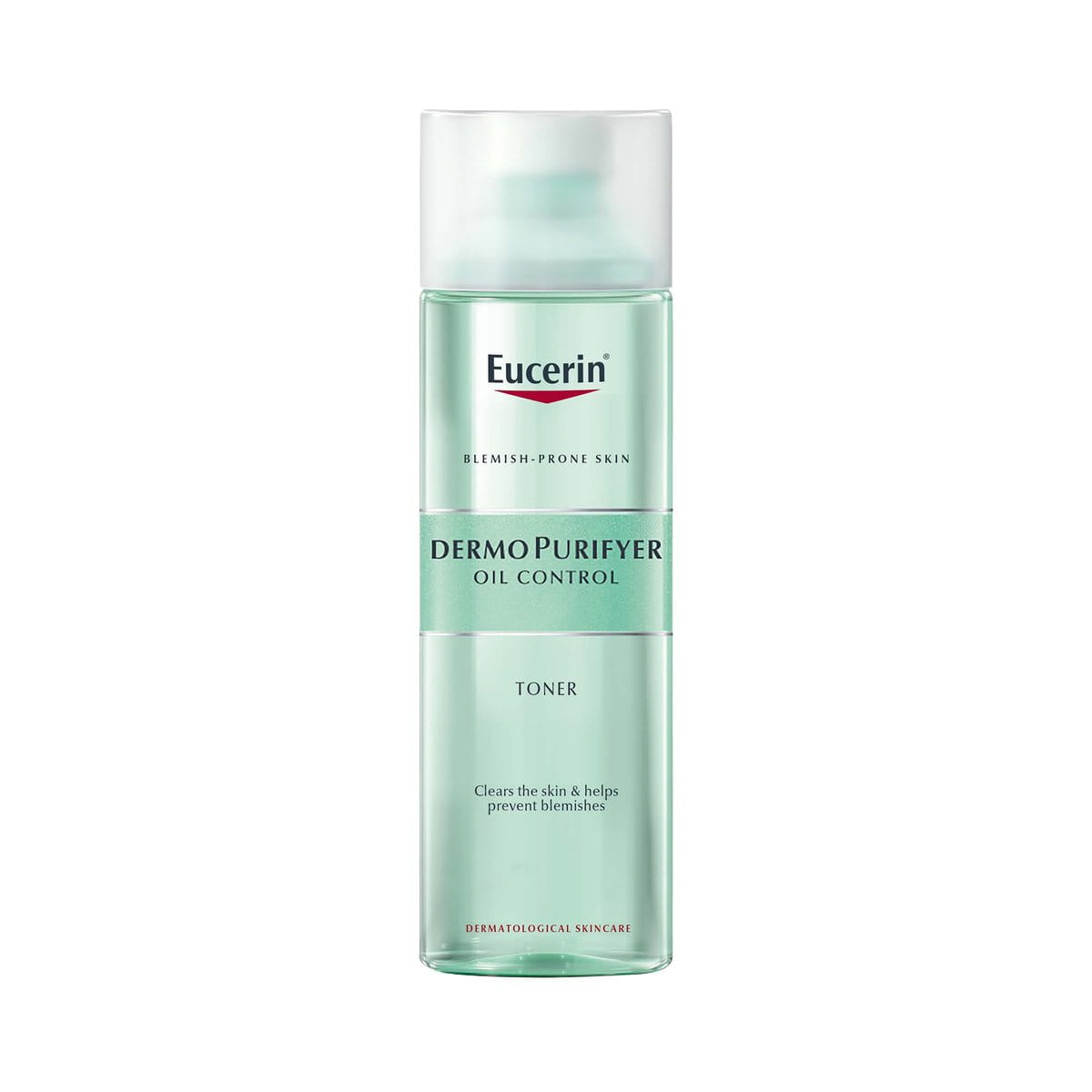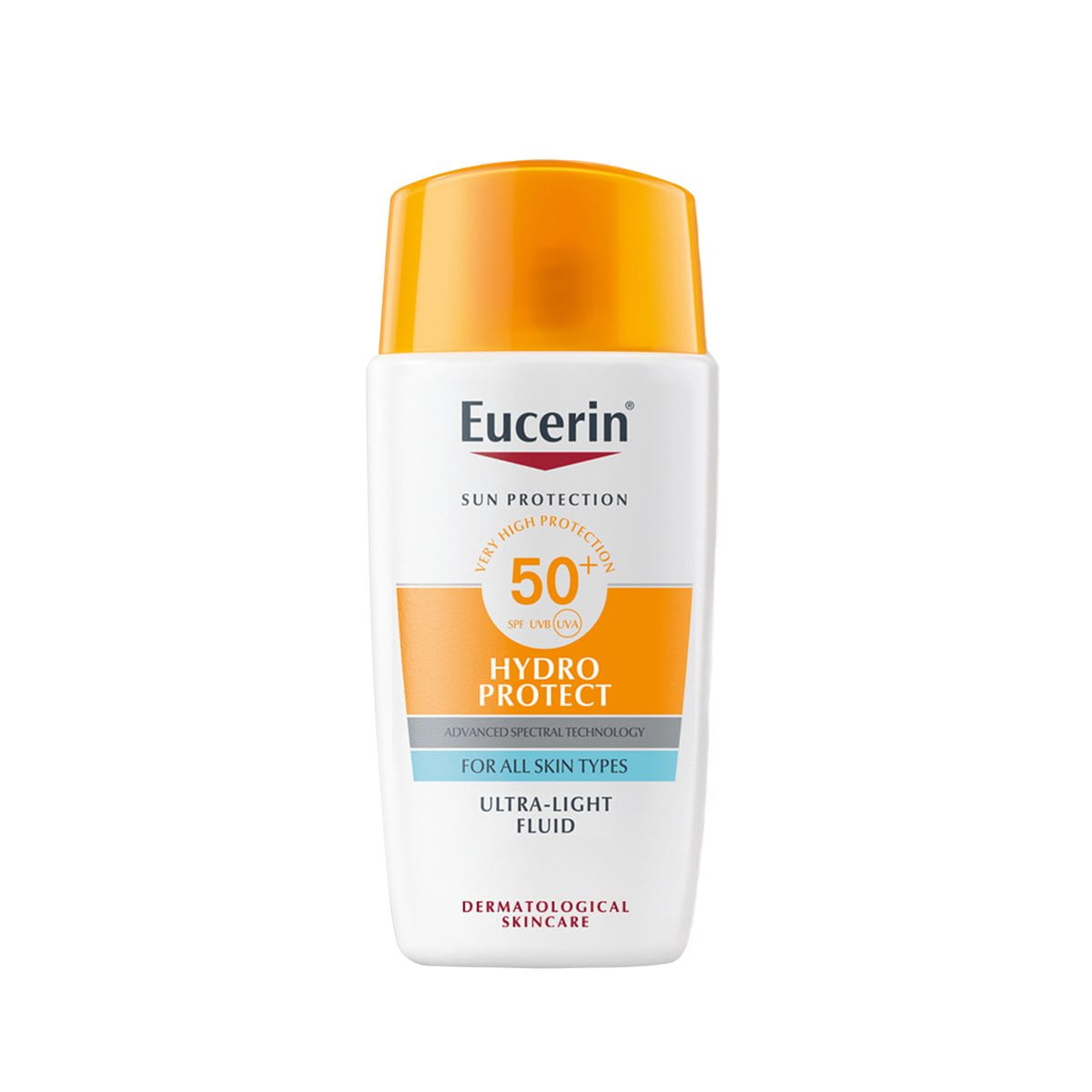The water in swimming pools is typically treated with chlorine, a chemical disinfectant that protects you against pathogens. However, chlorine can do a number on your skin and hair while disrupting the pH levels of your skin. It strips the natural lipids and sebum off your skin and increases the chances of summer dehydration due to transepidermal water loss (TEWL). Chlorine may worsen your eczema, rosacea, and psoriasis while leaving you more vulnerable to UV rays, which also aggravate these conditions. Be it preexisting conditions or susceptibility to new ones, chlorine can always cause trouble, which is why skincare before swimming and skincare after swimming is crucial.




